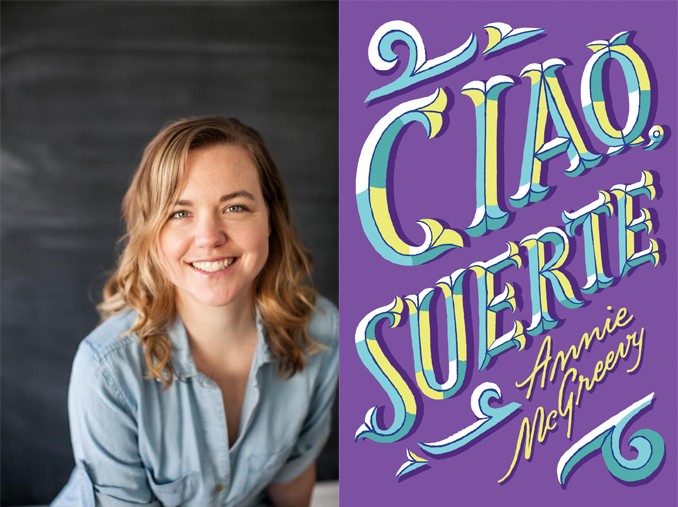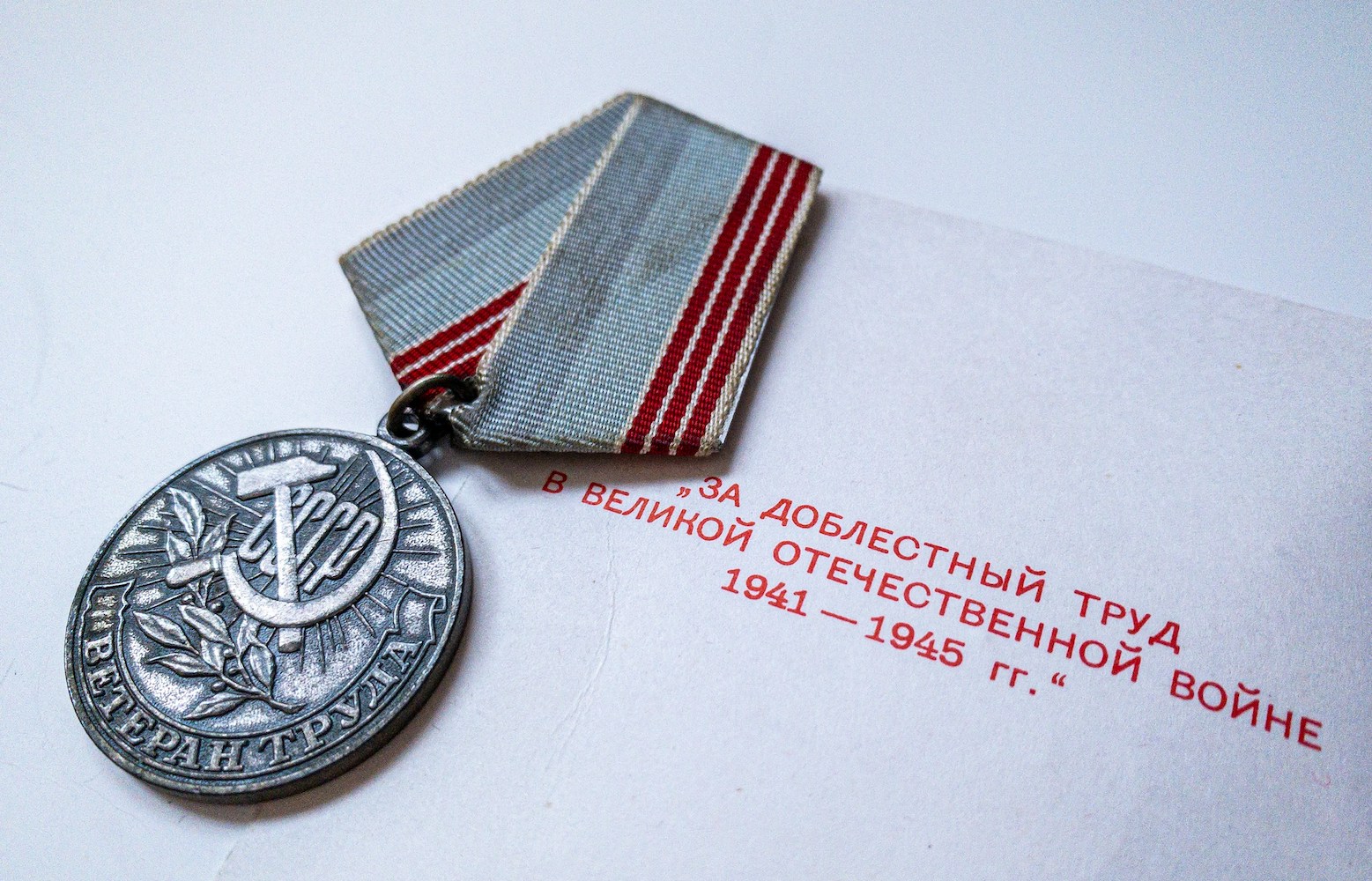interviews
Where The Story Starts: An Interview with Annie McGreevy

Annie McGreevy’s debut novella Ciao, Suerte is excerpted in the newest issue of Recommended Reading. In the interview below, McGreevy discusses her interest in the subjects broached by the novel, and the process by which the work came to fruition.
Emma Adler: According to Deena Drewis, who wrote the introduction to the excerpt, you started out writing your novella, thinking you were “doing it wrong” and that no one would ever see it. Is this an attitude that persisted until you finished the book, or did you reach a point, during the writing process, when you realized that you had something of potential value on your hands?
Annie McGreevy: The attitude that it was “just for me” and “just for fun” definitely persisted through the first real draft of it, until I showed it to anybody, yes. I’m part of a really supportive writing group where it’s easy to show up with a vulnerable draft, and once I workshopped it there and got some positive feedback, I realized it was workable.
I guess, on some level, I felt that it could get good at some point even in the early stages. I think this is a big part of what draws me to the writing process — feeling that something could go either way, get pretty good or fail really hard. I’ve got an embarrassing number of stories in drawers that have failed really hard.
Adler: Ciao, Suerte does not just span continents and decades, but also age groups, focusing on multiple generations of a family blown apart by war. How did your approach change, writing from the close-third perspective of an old woman, as compared to that of a young man in his twenties? As a young writer, what are the challenges of attempting to channel a character who is much older than yourself?
McGreevy: Beatriz, Giancarlo and Eduardo are the first elderly characters I’ve ever written seriously, and they did present real challenges. Beatriz has such clear goals, though, so I focused on those in order to manage her. Giancarlo was trickier, and I wrote tons of pages from his perspective that ended up getting cut.
The main difference in my approach to characters of different ages really had to do with time. Beatriz’s mission is on a timer; she wants to find her grandchild before she dies. Miguel and Inés are very young and carefree. I think this is reflected in the way the story is written and the things they do: hang out with no plans at all and blow off important things like final exams. Miguel is spending an entire year doing nothing at all.
Beatriz, Giancarlo, and Eduardo are all very in touch with their mortality and on missions to accomplish certain things during their lifetime, and I think that fact was ultimately driving their individual narratives: Beatriz wants to find the child, Giancarlo wants to get over the heartbreak of losing the child, and Eduardo wants to convince himself that he did the right thing. They’re all old enough that death creates an urgency for them. Miguel and Inés, because they’re in their early twenties, live their lives as though they’re immortal.
Adler: Ciao, Suerte is set against the historical background of the Dirty War in Argentina. How did you first become interested in this period of Argentinian history? Have you spent much time there?
McGreevy: I lived in Madrid from 2003–2007 and knew lots of Argentine people there. They have this really distinct way of speaking that’s lovely to listen to. Julio Cortazar was already one of my favorite authors and I quickly became a huge fan of Argentinean music, the yerba mate tea, and interested in the culture generally. In 2012, I read an article in The New Yorker that detailed the story of many of the illicitly adopted children of the Dirty War who were found through DNA tests and the efforts of Las Madres y Abuelas de La Plaza de Mayo, and reunited with their grandparents. The story was fascinating on a personal and political level.
I’ve never actually been to Argentina! I keep trying to go, and then life keeps getting in the way. Which is a problem I’d like to rectify ASAP.
Adler: The opening chapter of Ciao, Suerte (included in the Recommended Reading excerpt) describes the gradual breakdown of Beatriz and Giancarlo’s marriage following the death of their son. In a sense this is the tragedy after the tragedy, which includes the struggle to recover, move on, and achieve closure. How did you decide to begin the story at this point?
McGreevy: Well, there’s that old question about where to begin any story, using the example of the couple on the eve of their wedding: the guy has his bachelor party and orders a stripper, and both he and the stripper are extremely drunk. When they wake up in the morning, on the wedding day, he realizes that the stripper is the woman he’s about to marry. He, of course, had no idea that she was a stripper. This example is used to discuss the question of “When should this story start?” When they wake up, because that’s the most exciting part? Or the night before, so we can get to know the characters, and then be devastated when we realize they’re not who their partner thought they were?
I’m definitely of the opinion that we need to know the character before they lose something big. I wanted to start the story with Beatriz and her struggle, so that, when she finally meets Miguel later on, it would have more context and meaning.
During the editing process with Deena at Nouvella, Giancarlo worked his way into the story with more strength. I realized that couples are often not on the same page about the way to deal with a tragedy, and this was an opportunity to explore something more personal and less political.









